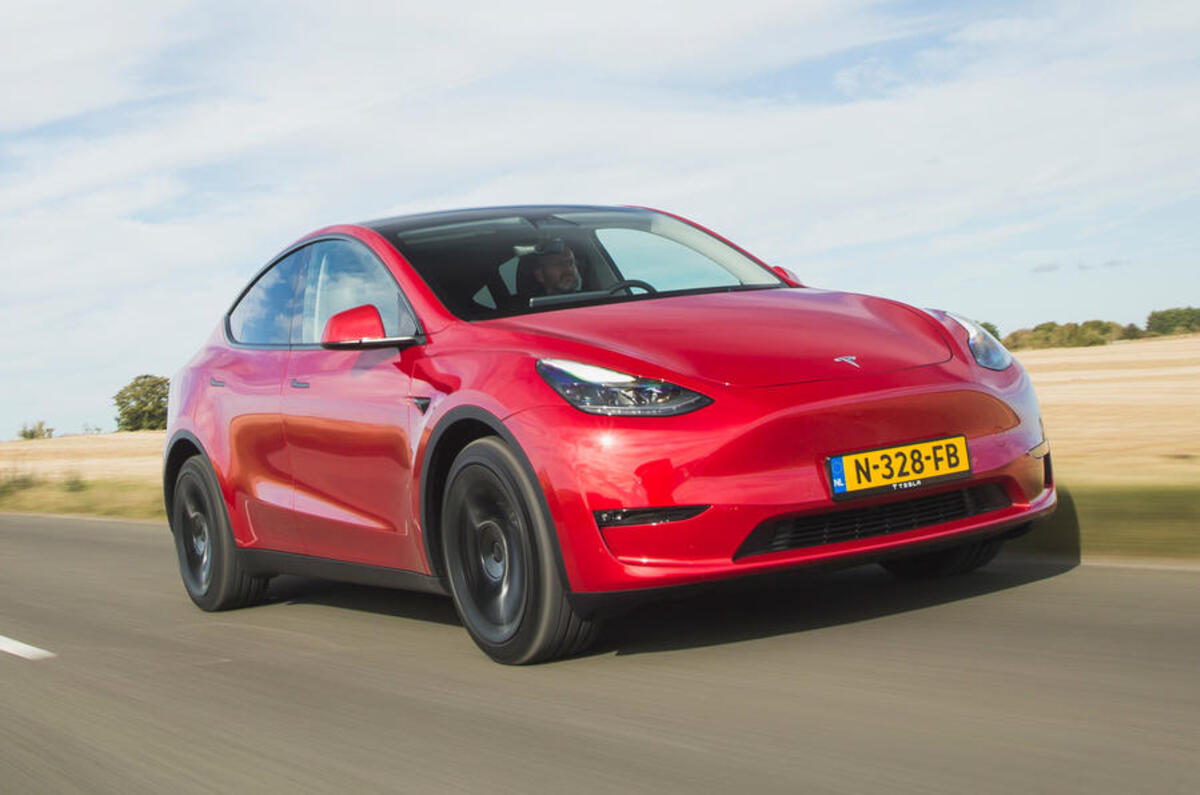Tesla has hailed 2021 as "a defining year" as its full year financial reports reveal it doubled pre-tax earnings year-on-year and delivered 87% more vehicles.
"There should no longer be doubt about the viability and profitability of electric vehicles", said the EV manufacturer in its earnings report, in which it also outlined plans to significantly ramp up its global production capacity in the coming years.




Join the debate
Add your comment
Might be obvious,but, why does MrMusk supply semiconductor ?
Because a vast portion of his engineers are not just trying to improve self driving software and the hardware that goes with it but also the new venture which will need many new types of chipsets for his newest brainchild, ie. Robots, which he reckons will dwarf his car manufacturing, I for one would not bet against him as apparently all he talks about in private meetings is artificial intelligence and its benign applications, not skynet. Asimov predicted many years ago that robots and their manufacturing and usage would be the worlds largest creation of wealth for someone. Musk is already the richest man on the planet. Go figure. His biggest problem will be keeping man safe from skynet type weaponised terminators or in my eyes more frightening, Hal 9000s. For a glimpse of what's already happening go to YouTube and type in Boston dynamics and scare yourself silly.